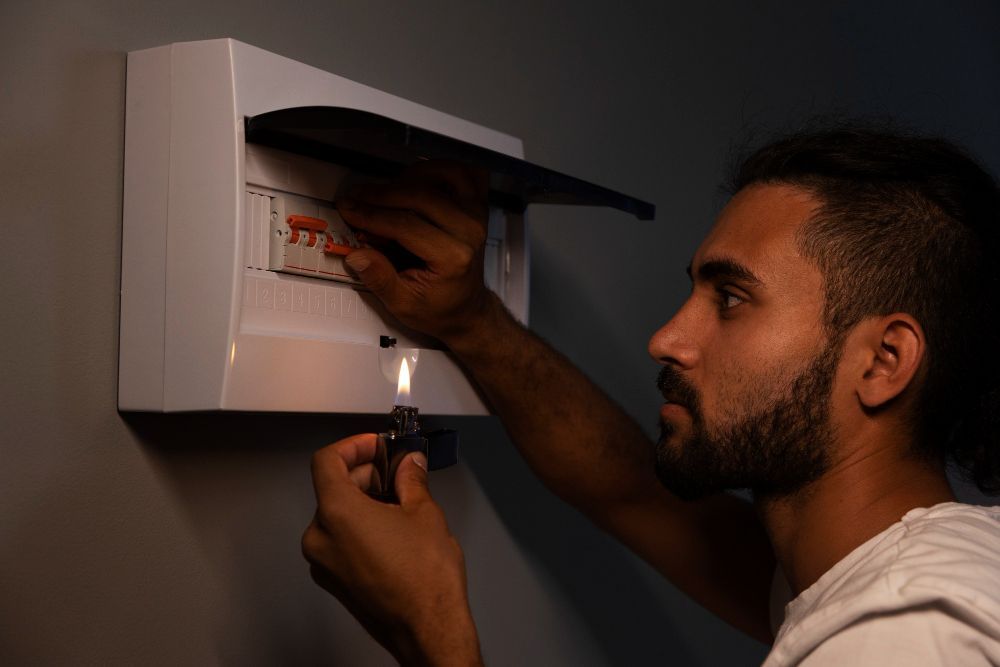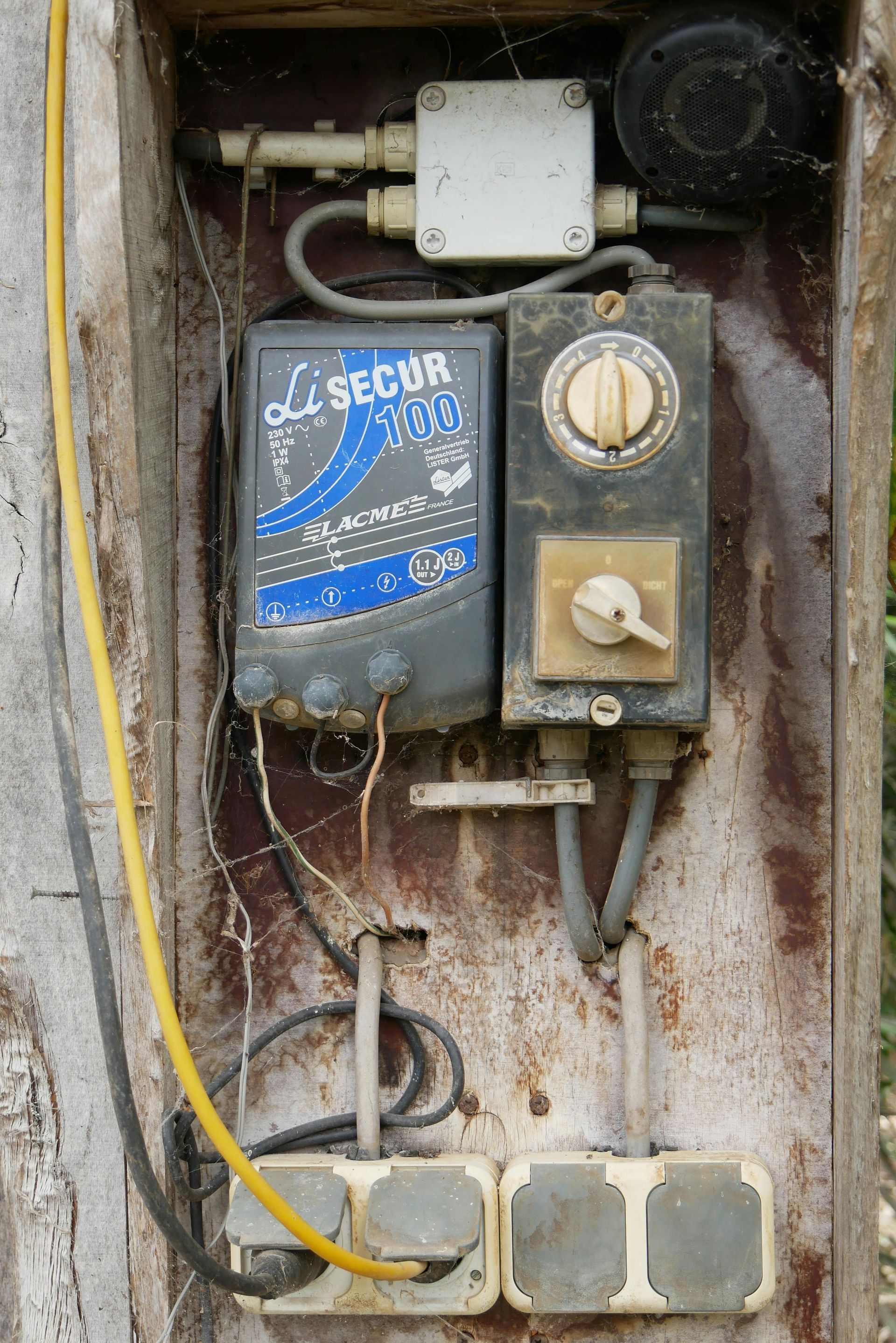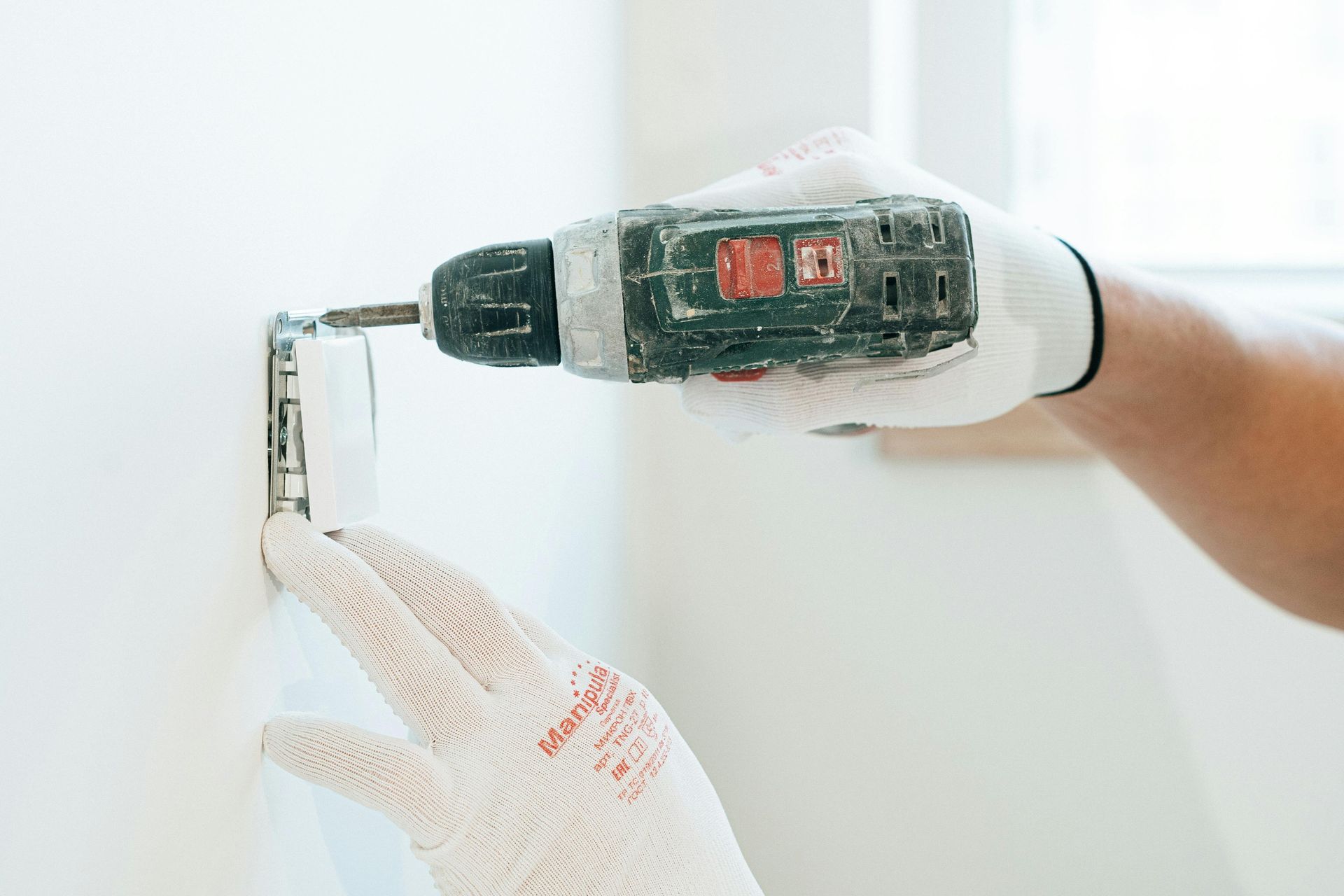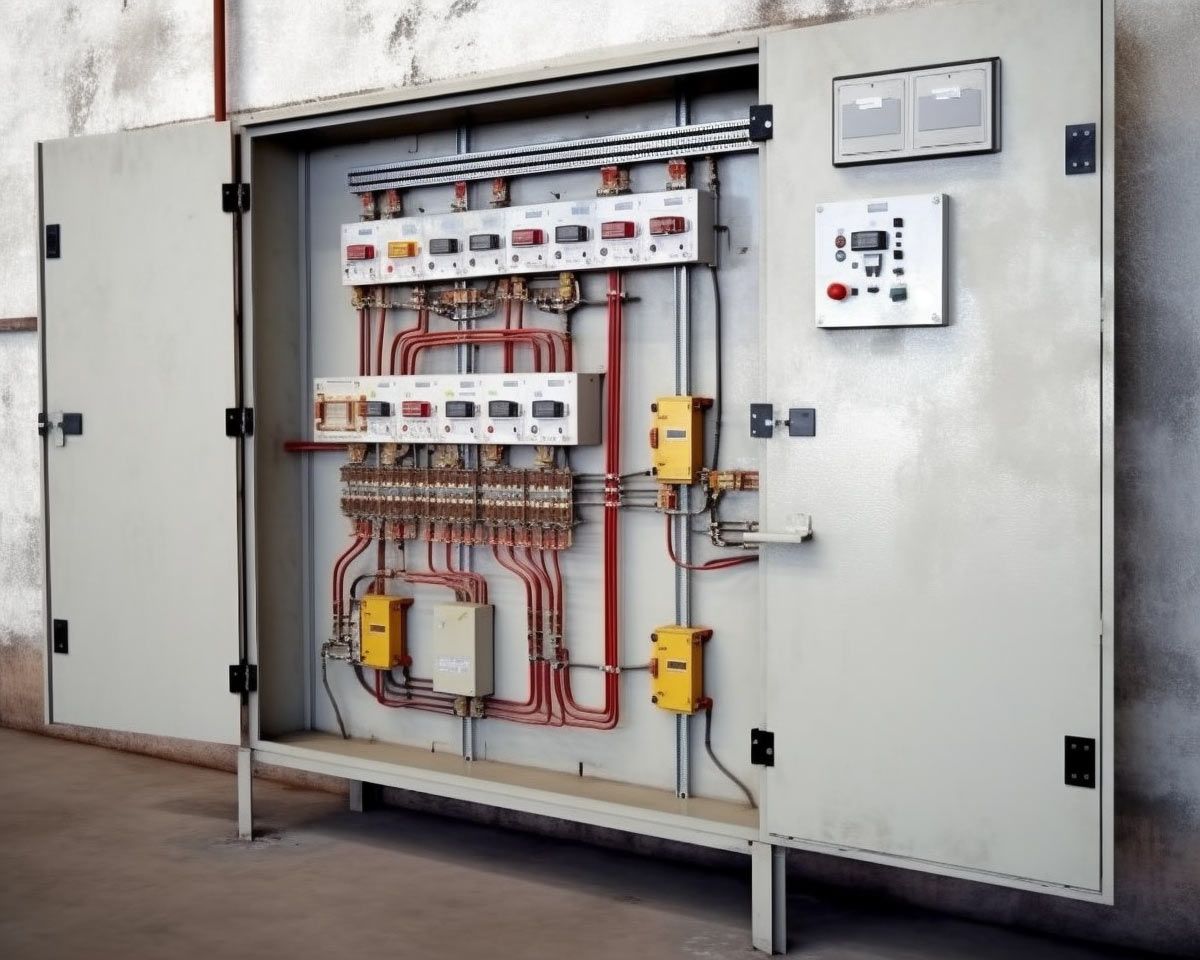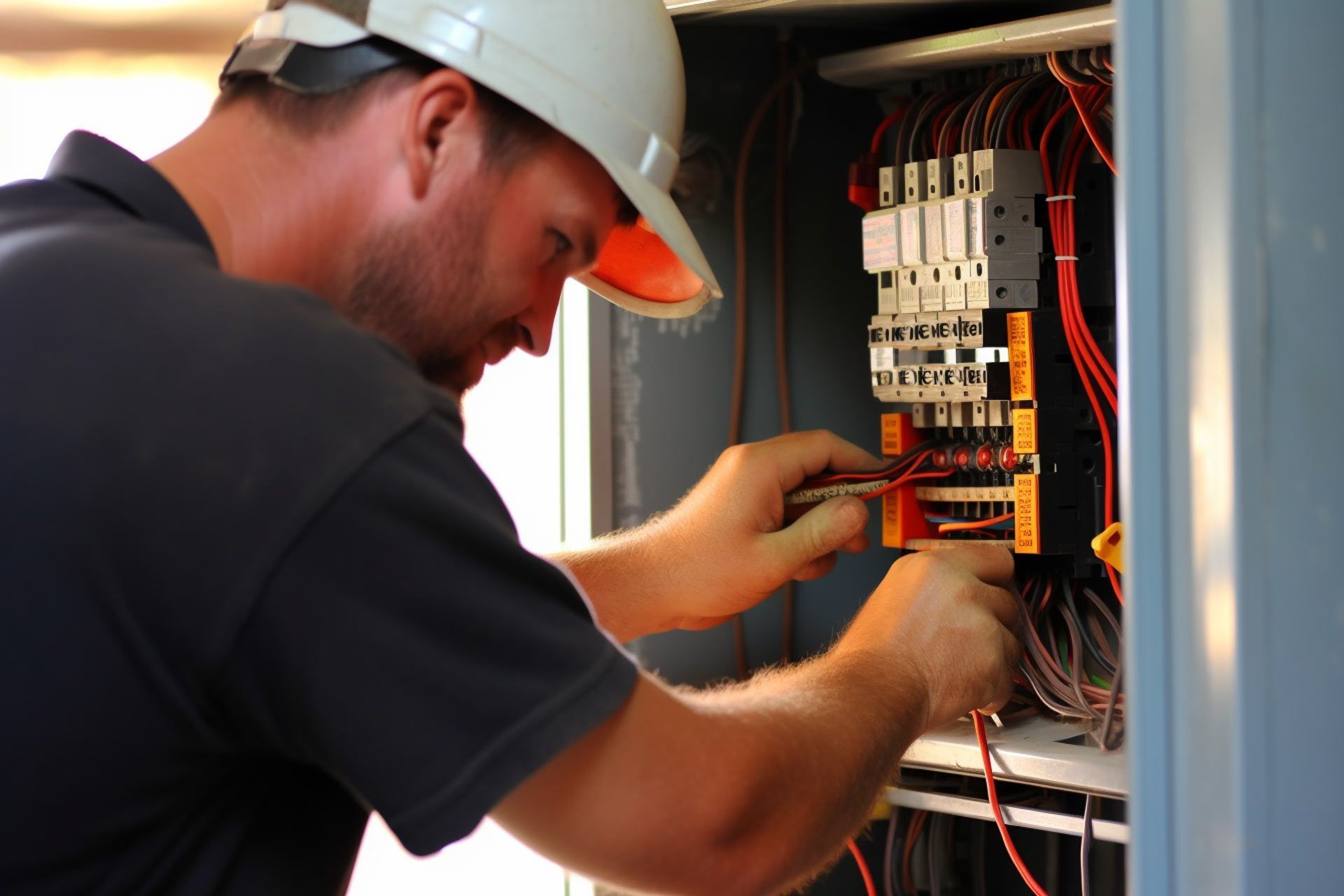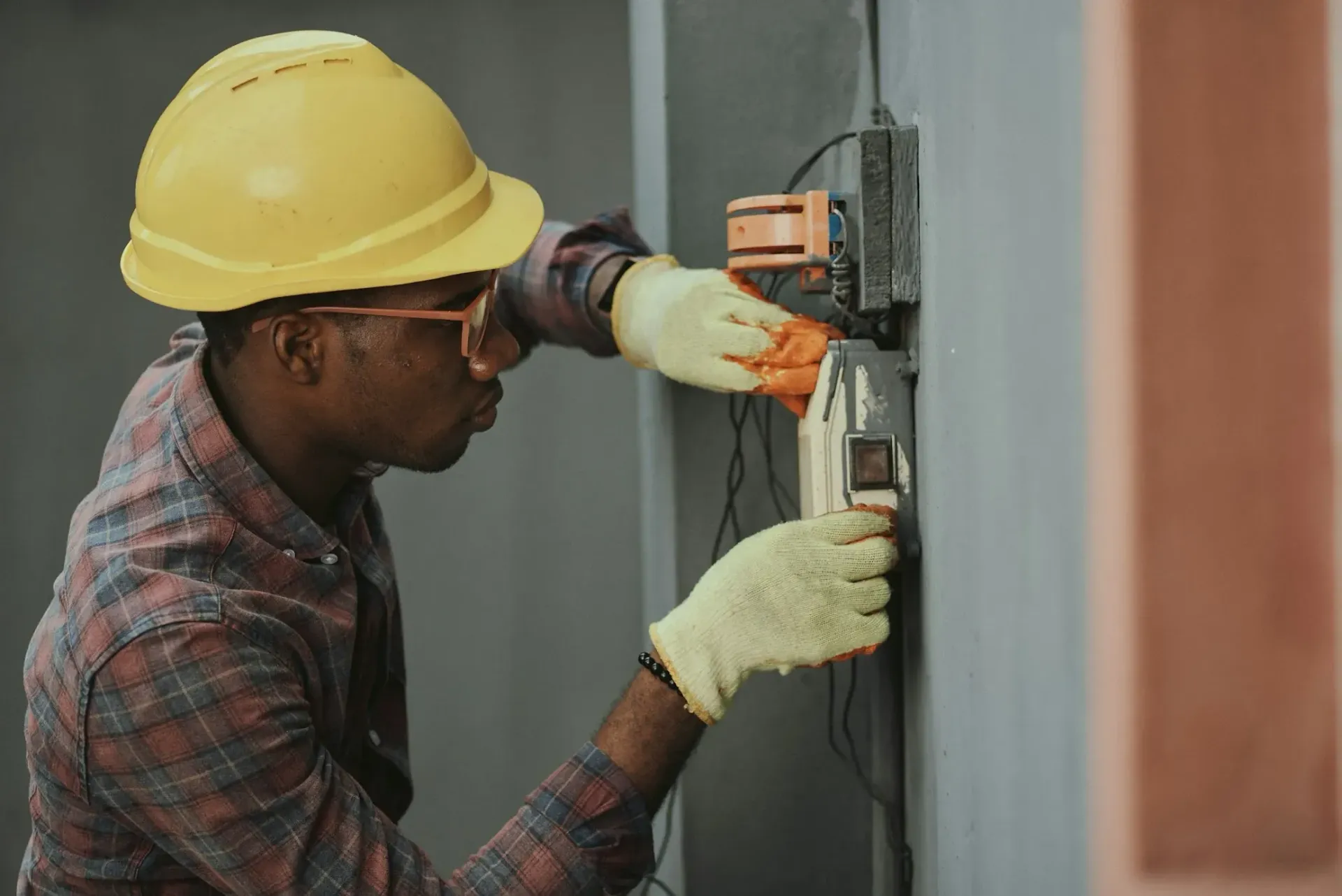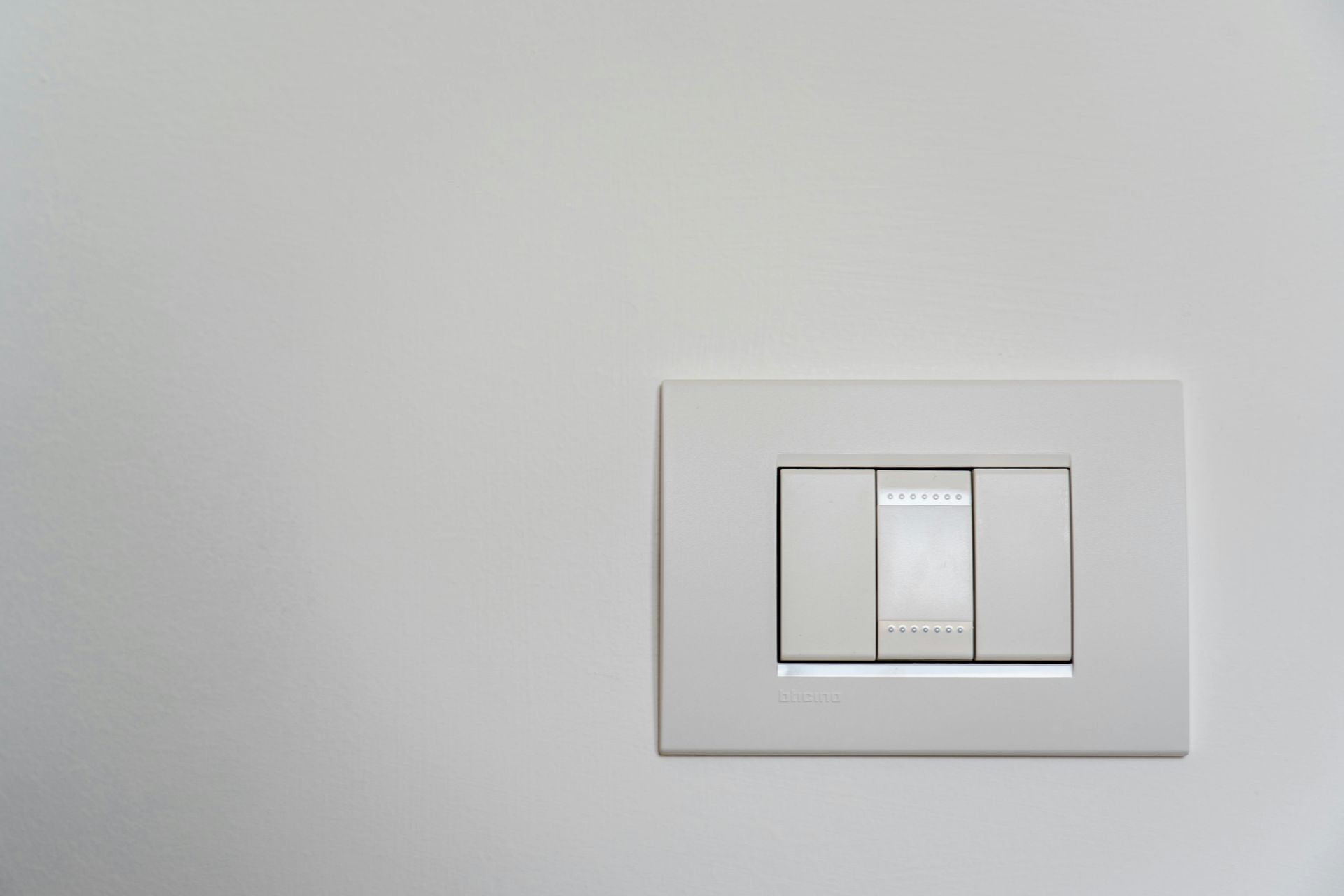Possible Reasons Why Your Refrigerator Is Not Cooling
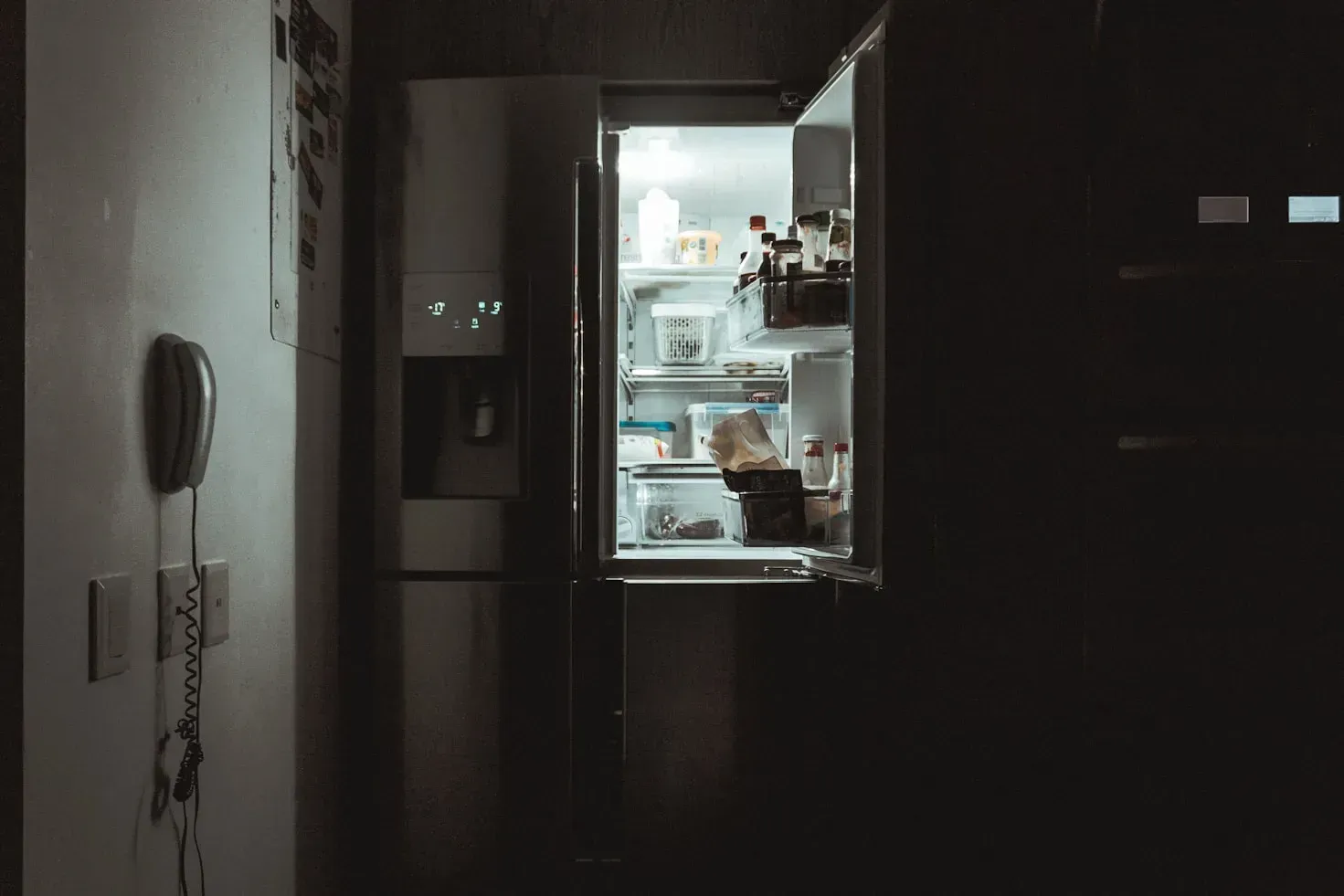
Is your refrigerator not cooling properly? A malfunctioning fridge can disrupt your daily routine and spoil your food. But don't worry, you're not alone in this chilly predicament. This guide will walk you through some common issues that could be affecting your refrigerator's performance. From simple fixes to identifying when it's time to call in the professionals, we'll cover all the bases to help you get your fridge back to its optimal cooling state.
Incorrect Temperature Settings
One of the most common slip-ups is setting the refrigerator temperature too high. Surprisingly, the fix is straightforward. First, locate your temperature control, which is usually inside the fridge. Ideal settings are between 37°F and 40°F for the refrigerator and 0°F for the freezer. If you've inadvertently adjusted the dial, reset it to the recommended range and give your fridge a few hours to stabilize. This simple adjustment can often solve your cooling woes without further hassle.
Condenser Coils Are Dirty
Dirty condenser coils can seriously hinder your refrigerator's ability to cool efficiently. These coils, located at the back or beneath your appliance, release heat from the inside. When they're clogged with dust, pet hair, or debris, their performance drops significantly. Cleaning them is not complicated. Turn off your fridge to ensure safety, then gently brush or vacuum the coils. For best results, make this a bi-annual task. Maintaining clean condenser coils can not only restore cooling efficiency but also extend the lifespan of your fridge.
Faulty Door Seals
If the seals around your refrigerator door are not tight, cold air can escape, causing your unit to work harder and less efficiently. Inspect the seals for any signs of wear or tear—cracks, looseness, or areas that seem brittle can all be culprits. A quick way to test seal effectiveness is to close the door on a thin piece of paper; if the paper pulls out easily with no resistance, it's time to replace the seals. This fix is not only simple but also cost-effective, as new seals are relatively inexpensive and can vastly improve your refrigerator's performance.
Overloaded Refrigerator
Packing your refrigerator too full can block air vents, restricting airflow and preventing proper cooling. To ensure your fridge maintains an even temperature, organize it to allow for free air circulation. Start by removing any unnecessary items and evenly spacing the remaining ones. Be mindful not to block any interior vents with large containers. A well-organized fridge isn’t just easier to navigate; it also cools more efficiently, saving energy and keeping your food fresher longer.
Malfunctioning Thermostat
A thermostat that isn't reading temperatures accurately can be the hidden culprit behind your refrigerator's cooling issues. If you suspect the thermostat is malfunctioning, the first step is to check it with an appliance thermometer. Place the thermometer in a glass of water in the center of the fridge, leave it overnight, and check the temperature in the morning. If there's a discrepancy between the thermostat's reading and the thermometer, it may be time to replace the thermostat. This repair is a bit more technical, so consulting a professional is advised if you're unsure about doing it yourself.
Insufficient Ventilation
The placement of your refrigerator can impact its cooling efficiency more than you might think. If there's not enough space between your fridge and the walls or cabinets around it, air can't circulate properly, leading to overheating and reduced cooling capacity. Ensure at least a few inches of space on all sides of the refrigerator, particularly at the back and top where heat tends to accumulate. This simple rearrangement can significantly enhance your fridge's performance and prevent future cooling issues.
Technical Failures: Compressor, Evaporator Fan, or Other Components
When basic troubleshooting doesn't resolve your cooling issues, it's time to consider potential failures in critical components like the compressor or evaporator fan. The compressor, the heart of your refrigerator's cooling system, and the evaporator fan, which circulates cool air throughout the unit, are both susceptible to wear and damage over time. Signs of a failing compressor include unusual noises or the refrigerator running continuously without maintaining the desired temperature. If the evaporator fan is malfunctioning, you might notice uneven cooling or ice buildup. Because these repairs are complex and involve specialized knowledge, hiring a qualified technician is recommended to ensure proper handling and replacement.
Conclusion
Now that we've explored the common reasons why your refrigerator may not be cooling properly, you're better equipped to diagnose and address these issues. Regular checks and maintenance can prevent many problems before they escalate into costly repairs. Remember, while some fixes are straightforward and can be handled on your own, others might require the expertise of a professional. Taking action early can save you time, money, and the inconvenience of dealing with spoiled food.
Call to Action
Still having trouble with your fridge? Don’t let a malfunctioning refrigerator spoil your day. Reach out to Bar H Bar for expert assistance in Lehi, American Fork, Pleasant Grove, Sandy, and Draper. We offer comprehensive electrical services including repairs, electric car charger installations, electrical panel upgrades, interior lighting solutions, and more. Let our certified technicians bring the chill back to your kitchen. Contact Bar H Bar today and experience prompt, professional service!
Frequently Asked Questions
1. What should I do if my refrigerator stops cooling suddenly?
First, check to see if the fridge is still receiving power and that it hasn’t been unplugged or affected by a tripped circuit breaker. Next, verify that the temperature settings are correct. If these basics are in order, refer to the troubleshooting tips discussed in the blog.
2. How often should I perform maintenance on my refrigerator?
It's advisable to clean the condenser coils and check the door seals at least twice a year. Regular maintenance can significantly extend the lifespan and efficiency of your fridge.
3. Are there any quick fixes to try before calling a technician?
Yes, you can try adjusting the temperature settings, cleaning the condenser coils, ensuring the fridge isn't overloaded, and checking the door seals. These fixes often resolve minor cooling issues.
4. Can a power surge affect my refrigerator’s cooling efficiency?
Absolutely. Power surges can damage electronic components in your refrigerator. Consider using a surge protector to safeguard your appliances from unexpected voltage spikes.
5. What are the signs that my refrigerator might need more than just a simple fix?
If your refrigerator is making strange noises, running constantly without maintaining temperature, or showing significant frost buildup, these could be signs of a serious issue that might require professional attention.

